The tooth fairy is a welcome guest for any child who has lost a tooth. Not only will the fairy leave a small gift under the child’s pillow, but they be assured of a replacement tooth in a few months. Unfortunately, the scenario is quite different for adults grappling with a loss of teeth. Luckily, there may be some hope thanks to a new study performed by scientists at Kyoto University and the University of Fukui.
A dental breakthrough
While the typical adult mouth houses 32 teeth, approximately 1% of the population exhibits variations of them, either possessing more or fewer teeth due to congenital conditions. Researchers have delved into the genetic factors behind cases of excessive teeth, seeking valuable insights into the potential regeneration of teeth in adults. This study is the first to show that monoclonal antibodies can help regrow teeth. It suggests a new way to treat a dental problem that currently requires implants and other artificial solutions.
A bit of science
The research team disclosed that an antibody targeting a specific gene, known as uterine sensitization-associated gene-1 (USAG-1), can induce tooth development in mice affected by tooth agenesis, a congenital condition. The findings were published in the journal, Science Advances.
As per Katsu Takahashi, a senior lecturer at the Kyoto University Graduate School of Medicine and one of the principal contributors to the study, the essential molecules crucial for the development of teeth have already been pinpointed. “The morphogenesis of individual teeth depends on the interactions of several molecules including BMP, or bone morphogenetic protein, and Wnt signaling,” says Takahashi.
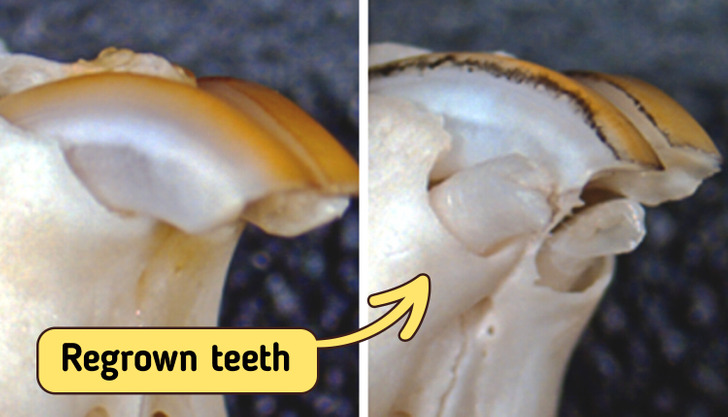
On April 13, 2021, the University of Kyoto posted its first pic of newly-grown teeth in mice.
BMP and Wnt are involved in more than just tooth development; they affect the growth of organs and tissues early in the body’s development. Because drugs affecting them directly might have broad side effects, scientists are cautious. To find a potentially safer method, researchers focused on the gene USAG-1, thinking that aiming at factors countering BMP and Wnt specifically in tooth development could be more precise.
“We knew that suppressing USAG-1 benefits tooth growth. What we did not know was whether it would be enough,” added Takahashi.
The first results
Scientists looked at how different monoclonal antibodies affect USAG-1. Monoclonal antibodies are often used to treat things like cancer and arthritis and for making vaccines. Tests with this antibody showed that BMP signaling is crucial for deciding the number of teeth in mice. Also, just one treatment was enough to grow a whole tooth. Further tests confirmed these positive results in ferrets too.
“Ferrets are diphyodont animals with similar dental patterns to humans. Our next plan is to test the antibodies on other animals, such as pigs and dogs,” explained Takahashi.
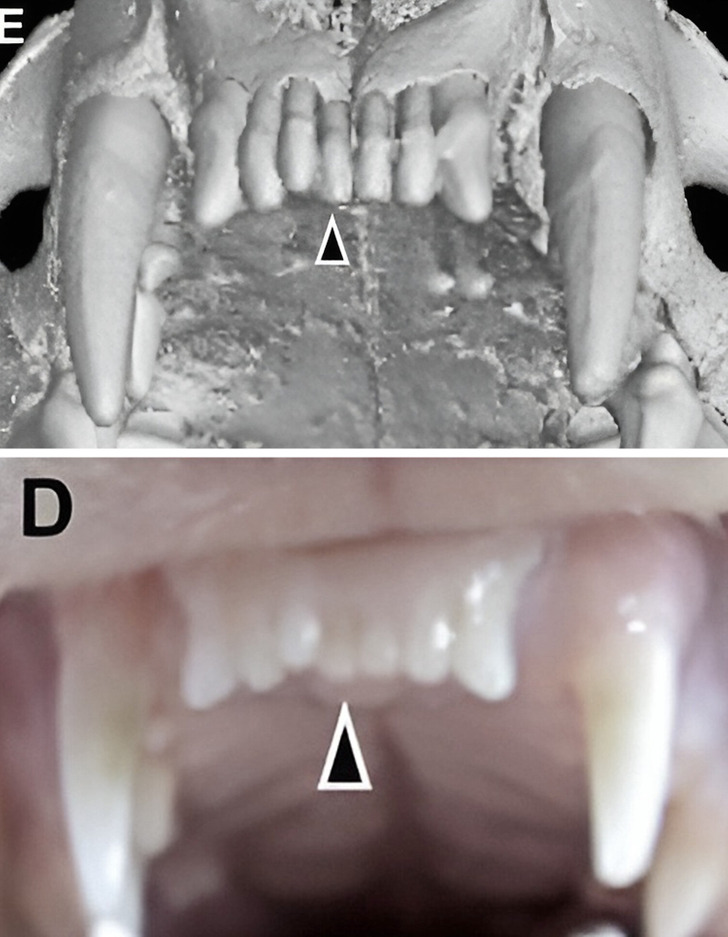
Fully regrown frontal teeth in ferrets
The next steps
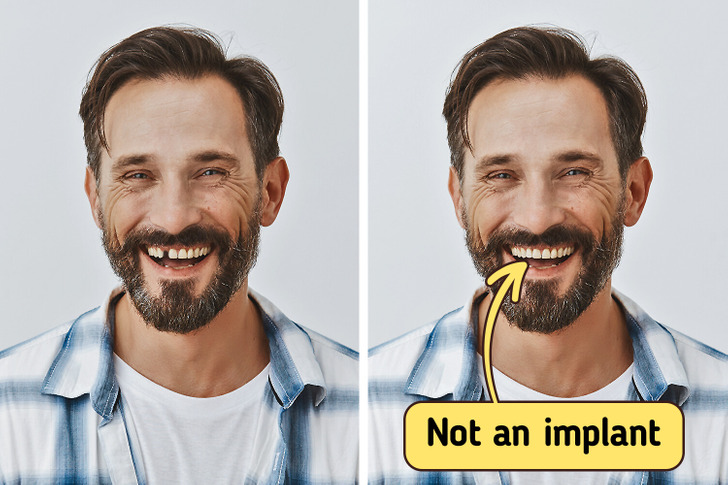
Now, scientists are going to test the drug on healthy adults. If that goes well, the team plans to try it on kids aged 2 to 6 with a rare tooth problem called anodontia, a genetic disorder defined as the absence of all teeth. These kids will get one shot of the drug to see if it makes their teeth grow. If everything works out, the medicine might be approved by 2030.
Takahashi sees the new medicine as an additional choice for individuals who are missing some or all of their teeth.
“The idea of growing new teeth is every dentist’s dream,” Takahashi told the Japanese newspaper, The Mainichi in June this year. “I’ve been working on this since I was a graduate student. I was confident I’d be able to make it happen.”
So hopefully, by the year 2030, humans will get a chance to have their third generation of teeth grown and say goodbye to implants. Until then, make sure to keep your teeth strong and healthy — this article will help you with that.
Preview photo credit KyotoU_News / Twitter
«I’m in Excruciating Pain,» Christina Applegate Reveals New Details About Living With MS
Christina Applegate’s candid revelations about the impact of multiple sclerosis left us deeply moved. The 51-year-old actress bravely shared how the disease affects her daily life, emphasizing that ’’With the disease of MS, it’s never a good day”. Her openness about her fears and vulnerabilities only heightened our admiration for her courage.
Fear is part of her everyday life.

During a recent interview, Applegate reflected on the small blessings she used to overlook before being diagnosed with MS in 2021.
She noted that people ask her why she doesn’t take showers, and she explains that ’’getting in the shower is frightening.’’ The Dead to Me star added, ’’You can fall, you can slip, your legs can buckle. Especially because I have a glass shower. It’s frightening to me to get in there.’’

The 51-year-old went on admitting ’’There are just certain things that people take for granted in their lives that Itook for granted’’. She stated that some of them are simple daily tasks such as going down the stairs or carrying things.

The actress revealed that she can still manage to drive short distances and carry food upstairs to her daughter Sadie Grace who is 12, but she made it clear that she struggles with going ’’down, never up.’’
She pointed out ’’Gravity can just pull you down and take everything down with you.’’
Christina Applegate shares new details about living with MS.

In a recent appearance on ABC News, Applegate opened up about her journey with the degenerative disease. She revealed that even the act of sitting for the interview was challenging for her.
«I’m not out a lot, so this is a little difficult, just for my system,» she shared. «But of course, the support is wonderful, and I’m really grateful.»
She continued, «I’m not putting a time stamp on it. I’m never going to wake up and go, ’This is awesome!’ I’m just going to tell you that. It’s just not going to happen. I wake up and I’m reminded every day.»

She added, «I’m isolating and that’s kind of how I’m dealing with it by not going anywhere because I don’t want to do it. It’s hard.»
«(MS) can be very lonely because it’s hard to explain to people. I’m in excruciating pain, but I’m just used to it now.»
She’s not surrounded by too many people.

Despite the assumption that the actress has a support system of friends and family to assist her with everyday tasks, she revealed that she has kept her inner circle small since being diagnosed with MS. She admitted, ’’I actually don’t want to be around a lot of people because I’m immunocompromised.’’
Applegate shared that her friend lives with her during the week and assists her in taking care of Sadie. And on the weekends, a caretaker comes in.

Christina also mentioned that she prefers to avoid overstimulation of her nervous system as it can be overwhelming for her. Therefore, she tries to maintain a quiet and relaxed environment as much as possible.
She explained, ’’Imagine just being in a crowd of people and how loud that is. It’s like 5,000 times louder for anyone who has lesions on their brains.’’
Christina Applegate found unwavering support from her husband during her struggles with MS and breast cancer. His love and strength were pillars that upheld their family’s happiness, even in the face of adversity.
Preview photo credit VALERIE MACON/AFP/East News
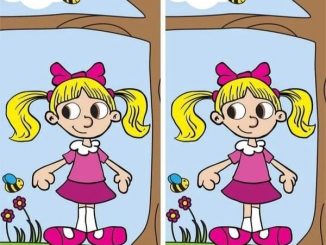

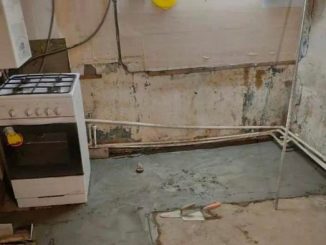
Leave a Reply